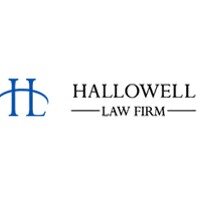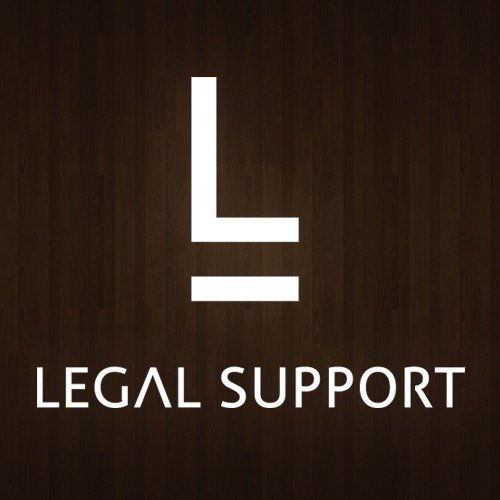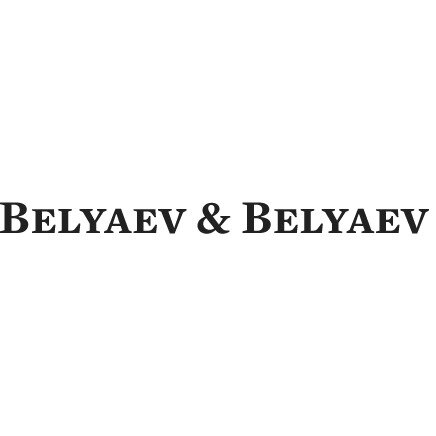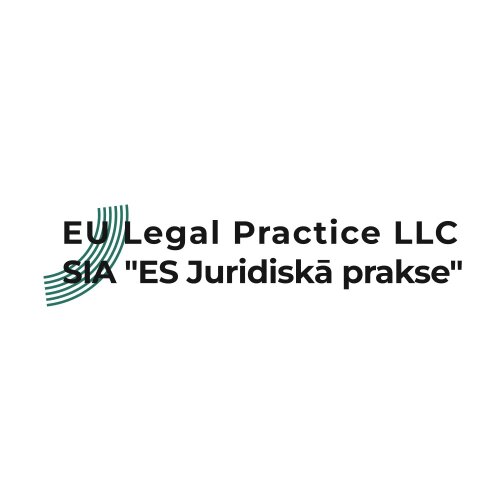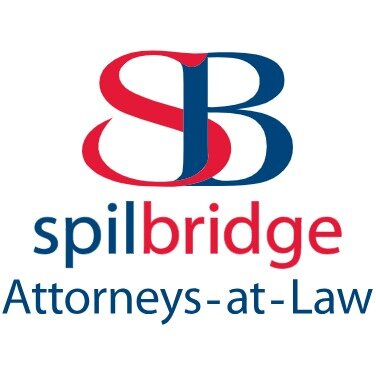Best Business Lawyers in Latvia
Share your needs with us, get contacted by law firms.
Free. Takes 2 min.
Or refine your search by selecting a city:
List of the best lawyers in Latvia
About Business Law in Latvia
Latvia, a dynamic member of the European Union, offers a favorable environment for businesses. The country boasts a liberal business environment, strategic geographic location, and a competitive tax system. Latvia’s economy is driven by various industries, including finance, logistics, and technology. Business law in Latvia encompasses a broad range of legal practices related to the formation, operation, and dissolution of businesses, covering areas such as corporate governance, regulatory compliance, contracts, and intellectual property.
Why You May Need a Lawyer
Navigating the complex terrain of business law can be challenging for both new and established companies. Some common situations where legal assistance may be required include:
- Business Formation: Choosing the right type of business entity (such as a sole proprietorship, partnership, or corporation) and complying with registration requirements.
- Contracts: Drafting, reviewing, and negotiating contracts with suppliers, partners, and clients.
- Regulatory Compliance: Understanding and adhering to local and EU regulations in industries like finance, healthcare, and technology.
- Dispute Resolution: Handling disputes with employees, partners, or competitors that may arise during the course of business.
- Intellectual Property: Protecting trademarks, patents, copyrights, and other intellectual property assets.
- Employment Law: Navigating labor laws and employment contracts, and addressing workplace conflicts.
Local Laws Overview
Key aspects of business law in Latvia that are particularly relevant include:
- Company Law: The primary legislation governing businesses in Latvia, detailing the procedures for company formation, management, and dissolution.
- Taxation: Latvia offers a competitive corporate tax rate, but businesses must comply with VAT, social security contributions, and other tax obligations.
- Labor Law: Employers must adhere to local labor laws protecting workers’ rights and providing guidelines for employment contracts and workplace safety.
- Data Protection: Businesses must comply with the EU’s General Data Protection Regulation (GDPR) as well as local data protection laws.
- Competition Law: Ensures fair competition and prohibits anti-competitive practices that may harm the Latvian market.
Frequently Asked Questions
What type of business entity should I choose in Latvia?
The appropriate business entity depends on your business goals, liability concerns, and tax considerations. Common options include limited liability companies (SIA), joint-stock companies (AS), and branch offices.
How do I register a company in Latvia?
Companies can be registered at the Commercial Register of the Register of Enterprises of Latvia. The process involves submitting various documents, such as the articles of association and proof of address, and paying a registration fee.
What taxes apply to businesses in Latvia?
Businesses must pay corporate income tax, value-added tax (VAT), and social security contributions, among other taxes. It's advisable to consult with a tax advisor to understand your specific obligations.
How are employment contracts regulated?
Employment contracts in Latvia must comply with the Labor Law, which sets out requirements regarding wages, working hours, termination processes, and other employee rights.
What are the requirements for foreign investors?
Latvia encourages foreign investment, with no restrictions on most sectors. Foreign investors can own Latvian entities, though specific sectors like national security may have additional requirements.
How can I protect my intellectual property in Latvia?
Intellectual property (IP) protection in Latvia is aligned with EU standards. You can register trademarks, patents, and designs with relevant authorities to safeguard your IP.
What do I need to know about GDPR compliance?
GDPR compliance involves implementing strong data protection practices, such as obtaining consent from data subjects and protecting personal data against breaches.
How are business disputes resolved in Latvia?
Disputes can be resolved through negotiation, mediation, arbitration, or in court. The method chosen depends on the nature of the dispute and agreements between parties.
Is it easy to open a bank account for my business?
Opening a business bank account in Latvia requires documentation such as company registration documents and identification for company representatives. Banks may have specific requirements.
What should I consider when drafting business contracts?
Ensure clarity in terms, define obligations and rights of each party, include dispute resolution clauses, and understand applicable laws. Consulting with a lawyer can help in drafting comprehensive contracts.
Additional Resources
Here are some resources that can provide additional assistance:
- Investment and Development Agency of Latvia (LIAA): Offers support and information for foreign investors and entrepreneurs.
- The Register of Enterprises of Latvia: Handles company registrations, and changes of business entities.
- The State Revenue Service (SRS): Provides information on tax policies, liabilities, and tax compliance.
- The Latvian Chamber of Commerce and Industry (LCCI): A resourceful organization supporting businesses with networking and guidance.
Next Steps
If you require legal assistance in business matters in Latvia, consider taking the following steps:
- Identify your specific legal needs based on your business activities and goals.
- Research and consult with a reputable law firm or lawyer specialized in business law in Latvia.
- Prepare all necessary documentation and clarify your business objectives before meeting with your lawyer.
- Follow up on legal advice and keep abreast of any changes in local laws that may impact your business.
Lawzana helps you find the best lawyers and law firms in Latvia through a curated and pre-screened list of qualified legal professionals. Our platform offers rankings and detailed profiles of attorneys and law firms, allowing you to compare based on practice areas, including Business, experience, and client feedback.
Each profile includes a description of the firm's areas of practice, client reviews, team members and partners, year of establishment, spoken languages, office locations, contact information, social media presence, and any published articles or resources. Most firms on our platform speak English and are experienced in both local and international legal matters.
Get a quote from top-rated law firms in Latvia — quickly, securely, and without unnecessary hassle.
Disclaimer:
The information provided on this page is for general informational purposes only and does not constitute legal advice. While we strive to ensure the accuracy and relevance of the content, legal information may change over time, and interpretations of the law can vary. You should always consult with a qualified legal professional for advice specific to your situation.
We disclaim all liability for actions taken or not taken based on the content of this page. If you believe any information is incorrect or outdated, please contact us, and we will review and update it where appropriate.
Browse business law firms by service in Latvia
Latvia Attorneys in related practice areas.
Browse business law firms by city in Latvia
Refine your search by selecting a city.





